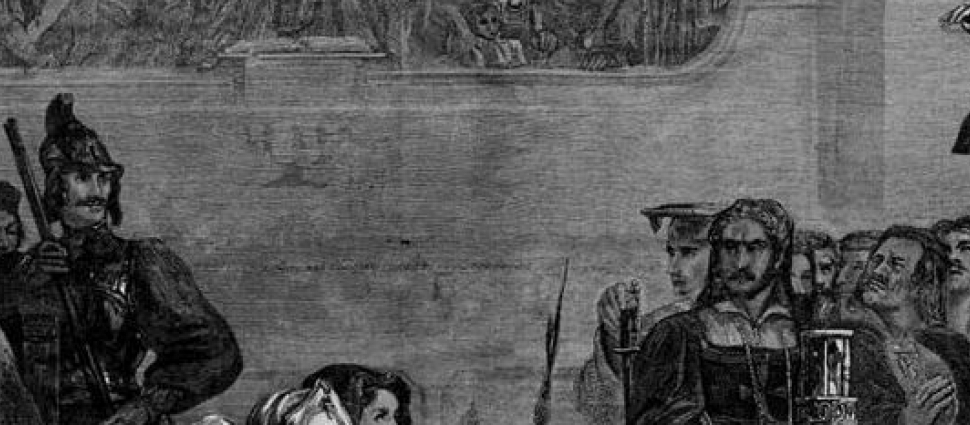John Knox on Predestination and the Attributes of God

Oct 6, 2016
"This is our plaine confession, which we simply and boldly do affirme, that Rom. 8., this is a stable and immutable foundation, 'The Lord knoweth his own, that no creature is able to seperat his Elect frome his love, which in Christ Jesus he beareth to them.’" (John Knox, Works, 5:256)
Last time we saw that despite some disputes about his views, there was no compelling evidence to suggest anything other than Knox firmly held to a robust doctrine of predestination. Further evidence of Knox’s commitment to the absolute sovereignty of God in predestination can be seen when we examine how closely Knox’s doctrine of predestination is connected to his doctrine of God. Indeed his doctrine of predestination is in some ways a practical application of his understanding of the nature of God.
Immutability
This is particularly true of the divine attribute of immutability. As Richard Kyle has noted “it would be difficult to exaggerate the importance that the concept of divine immutability played in John Knox’s thought.” (Kyle, “The Divine Attributes,” 164) As can be seen in his 1553 Declaration of the True Nature and Object of Prayer Knox felt to deny divine immutability was in effect to deny God. He said that anyone who “calleth in doubt” God’s immutability “maketh God a liar, and so far an in him lyeth, woulde spoyle God of his Godheid: For he can not be God except he be eternall and infallibill veritie.” (Knox, Works, 3:98)
Knox drew heavily on God’s immutability in his treatise On Predestination. He argued that God’s wisdom, will and counsels could not be subject to “mutabilitie, unstablenes, or change” for if they were “then his godly will and counsels did not depend upon himself, but upon his creatures; which is more then absurd.” He explicitly stated that “God's love and counsell towardes his Elect is stable, and that because it is grounded upon himself”. God’s changelessness guaranteed the certainty of the elects salvation. (Knox, Works, 5:394, 47)
Omniscience
Immutability was not the only attribute Knox closely related to predestination. He allied immutability with divine omniscience, making it clear that God was capable of neither “repentance” nor “ignorance” and therefore “what he once decreed, that he faithfully will perfourme”. Immutability was also combined with omnipotence and therefore God “may and doth performe whatsoever he will in heaven and in earth.” God was in no sense to be regarded as “impotent” – he could do as he pleased. Therefore, as in wisdom he has changelessly determined how to dispose all things, so he had the power to perform his will. Further, God’s wisdom meant for Knox, that he would not create without knowing and determining the destiny of any creature. To assert otherwise was to “deny his eternall knowledge, wisdom, and Godhead”. (Knox, Works, 5:45, 62, 166, 64)
In view, then, of this intimate link with the doctrine of God there seems no compelling reason to doubt the genuineness of Knox’s own statement on the significant of predestination: “the doctrine of God’s eternal predestination is so necessary to the Church of God, faith can never be truly taught, neither surely established.” (Knox, Works, 5:25)
Conclusion
Having seen how Knox linked predestination and his understanding of the attributes of God, next time we will examine some specific aspects of Knox’s doctrine of predestination.





